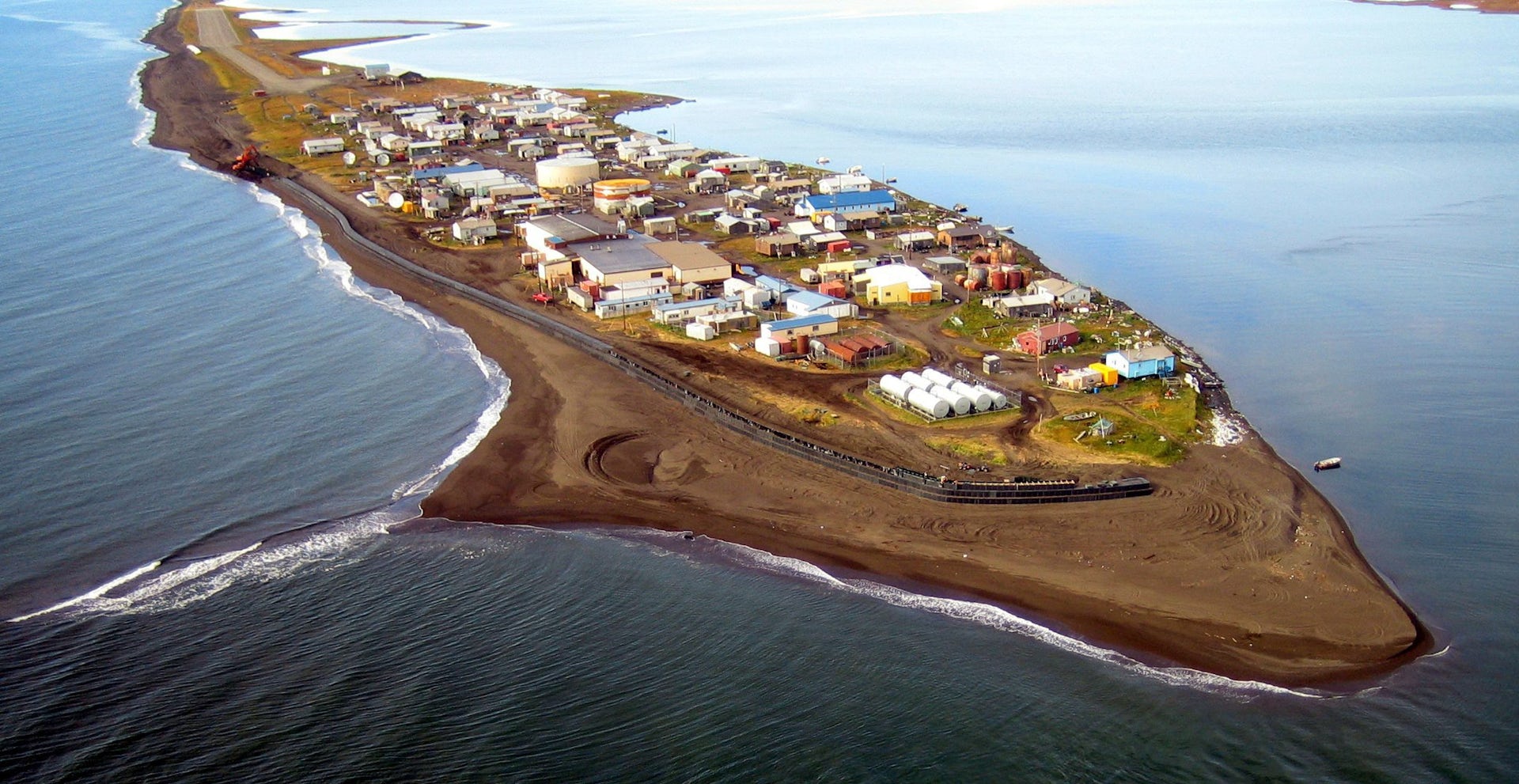
Directors are in the crosshairs of corporate climate litigation
(MENAFN- The Conversation) The directors of RWE, a German energy company, had probably never heard of the small village of Huaraz, Peru before 2015. But Saúl Lliuya, a mountain guide and farmer there,sued RWE for climate-related harmsthat year.
Lliuya's lawyers, supported by Greenpeace, argued that RWE's historic green house gas emissions have contributed to increased global temperatures, which have, in turn, caused the glaciers around Lake Palcacocha to melt. The lake sits above Huaraz, where more than 50,000 residents now face an increased risk of severe flooding.
The Higher Regional Court of Hamm, in Germany, agreed with Lliuya's arguments and let the case proceed to the evidentiary stage. No matter what the outcome, the court's statements that climate harms can, in principle, give rise to corporate liability, is historic — no other court has made this decision before.
The intersection between climate change, energy and corporate law is a fast-emerging area. This case is part of a second wave of litigation against corporations, and hasimplications for directors and their legal duties . Corporate fiduciary duties and corporate law have traditionally been insulated from environmental and climate concerns, but as the impacts of climate change escalate, this may no longer be true.
The second wave of climate litigation
The directors of RWE are not alone. There has been an explosion of climate litigation launchedagainst fossil-fuel intensive, or 'carbon major' corporations .
The cities ofOakland and San Franciscohave sued, as haveNew YorkandBaltimore . So havecounties in California ,WashingtonandColorado , the state ofRhode Islandand fishermen inOregon and California .
Read more:
What does the Dutch court ruling on climate targets mean for Australia?
Most recently, non-governmental organizations in theNetherlandshave launched suits, and othersare being considered in TorontoandVictoria .
These cases have been dubbed thesecond wave of climate litigationagainst carbon majors. There has never been a successful case against corporations for climate-induced harm — yet.
The first wave
The first wave of litigation against carbon majors is less than a decade old. It was characterized by several unsuccessful cases, includingAmerican Electric Petroleum vs. Connecticutin 2011, andNative Village of Kivalina vs. ExxonMobilin 2012.

The U.S. Supreme Court declined to hear the case of the Alaskan village of Kivalina against oil companies. The village, seen here in 2006, is being washed into the ocean due to rising sea levels, sea ice loss and eroding permafrost.
(AP Photo/Northwest Arctic Borough via The Anchorage Daily News)
These cases against carbon majors failed largely due to problems in proving causation under tort or public nuisance claims. That is, the plaintiffs had difficulties tracing climate harms to specific emissions made by particular corporations.
The judges in these cases were also reluctant adjudicators. They felt the systemic nature and complexity of climate change was a global issue best left to governments to manage. In the American Electric Petroleum case, for example, U.S. Supreme Court Justice Ruth Bader Ginsburg wrote in a unanimous decision that the issue was governed by the federal Clean Air Act and that the court should not intervene further.
Scientific research has evolved dramatically since then. In a 2013 study, Richard Heede, from theClimate Accountability Institute , attributed 63 per cent of industrial carbon dioxide and methane emissions released from 1751-2010 to90 carbon major entities . Heede's work has been cited in almost all claims by plaintiffs in the second wave of corporate climate litigation.
Lliuya is claiming that RWE's emissions contributed to the glacial melt that is endangering his community. Heede's study established that RWE was responsible for 0.47 per cent of historic global emissions. Lliuya is asking of 0.47 per cent of the cost it will take for his community to adapt to climate change. The case may remain an outlier for some time, but it's a historic legal development, with the court taking a broad view of causation.
Tobacco litigation
In 2018, two California cities wereunsuccessful in their lawsuit against fossil fuel companies . Like Justice Ginsburg, Judge Alsup said the courts were not the place to address the issue. He also noted that the historic benefits of fossil fuels far outweighed the harm being caused by them.
Subsequent U.S. cases have been more strategic in their pleadings. Plaintiffs have tried to ground their cases more closely at the state level in order to avoid the federal barriers of the Clean Air Act. Instead, they have cited breaches of product liability statutes, failure to warn, design defect, as well as negligence and trespass.
Read more:
The fossil fuel era is coming to an end, but the lawsuits are just beginning
They have patterned their pleadings more closely ontobacco litigation cases , as well as those againstopioidandasbestos manufacturers .
Even if these corporate climate litigation cases are ultimately unsuccessful, they have implications for directors' fiduciary duties.
Why these cases matter for directors
Fiduciary duties, as interpreted under Delaware law, where many of these carbon-majors are headquartered, require directors to pay attention to the risks faced by the corporation and to make informed decisions.
U.S. federal agencies such as the Department of Defense have identified climate change as along-range, emerging threatthat could adversely impact national security. Climate change is a threat to global fiscal stability, putting at risk one-third ofglobal manageable assets .
Corporate climate litigation highlights the bidirectional risks of climate change: corporations emit greenhouse gases that increase climate impacts, but those impacts also directly affect corporations. Courts want to know that directors have considered all material information reasonably available to them, and the increasing impacts and risks of climate change to businesses mean climate risks and opportunities are now material.
Failing to monitor and manage climate risk and disclose these risks to shareholders could put directors in breach of their legal duties. Climate change poses tremendous risks to carbon major corporations whoseassets and infrastructure are vulnerableto the impacts of climate change.
The impacts of wildfires, for example, have ledPG & E to seek bankruptcy protection , and a recent case in theSupreme Court in Canadadetermined that a bankrupt oil company was still responsible for the costs of remediating its abandoned wells.
As the impacts of climate change escalate, bankruptcies and other corporate financial woes are likely to only increase.
Climate change, misrepresented
Corporate law and securities law are also being used by plaintiffs in this second wave of climate litigation, raising the stakes even further for directors of these carbon majors. New York claimsExxonMobil defrauded shareholdersand a separate civil suit allegesExxonMobil and its executives misrepresented the impacts of climate change on its business .
Directors must now consider and assess the risks of climate change to their businesses in order to comply with their fiduciary duties, particularly in corporations highly exposed to the risks of climate change. Investors will continue to be concerned about climate litigation as well as climate risks, and the issue will continue to raised by them at annual general meetings. It is likely that these are issues that RWE's directors are now carefully considering.
Climate change
ExxonMobil
Fossil fuel industry
Environmental litigation

Legal Disclaimer:
MENAFN provides the
information “as is” without warranty of any kind. We do not accept
any responsibility or liability for the accuracy, content, images,
videos, licenses, completeness, legality, or reliability of the information
contained in this article. If you have any complaints or copyright
issues related to this article, kindly contact the provider above.


















Comments
No comment